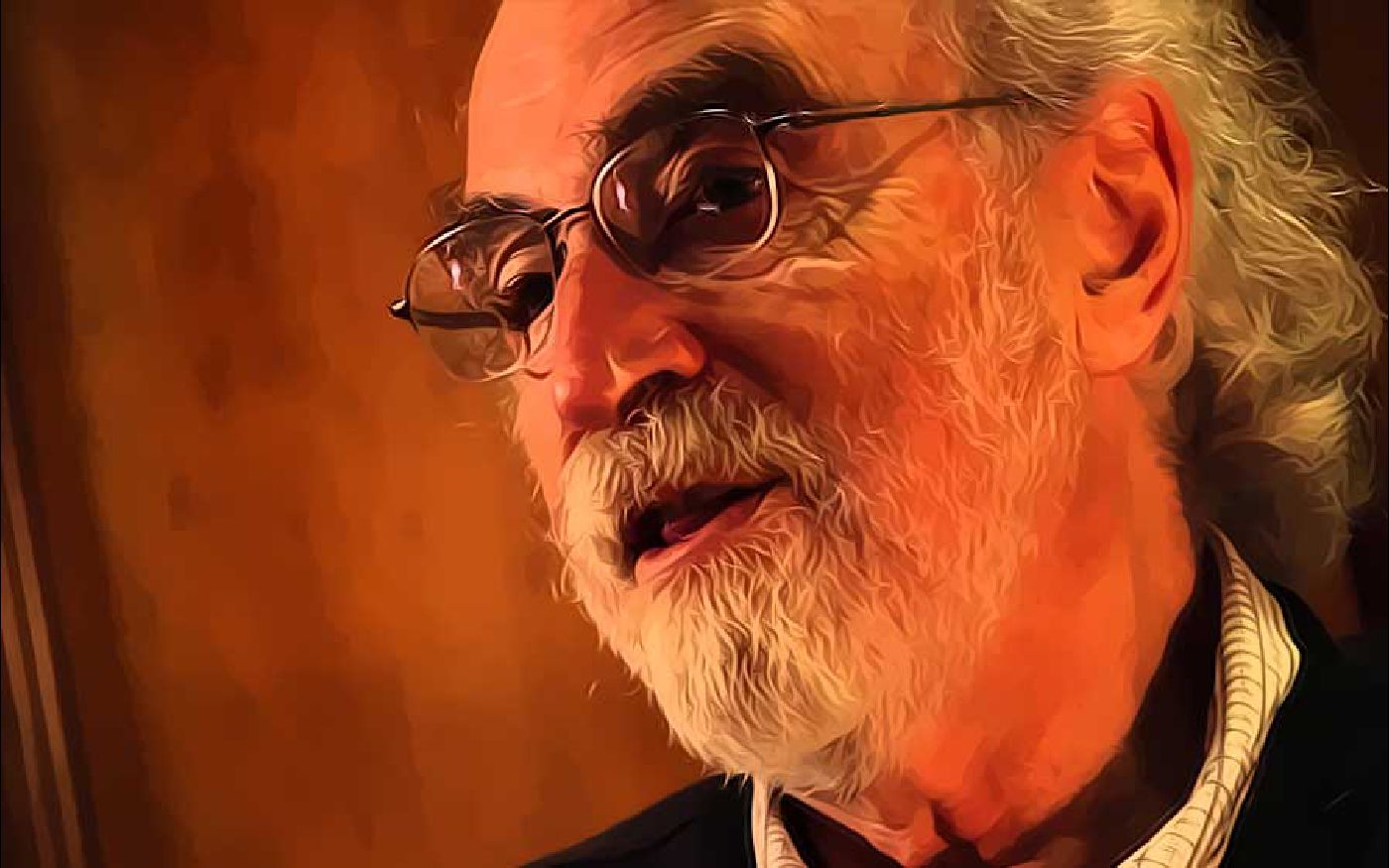Dr. Gerald Pollack and Structured Water Science
Dr. Pollack received his Ph.D. in biomedical engineering from the University of Pennsylvania in 1968. He then joined the University of Washington faculty and is now a professor of bioengineering. For years, Dr. Pollack had researched muscles and how they contract. It struck him as odd that the most common ideas about muscle contraction did not involve water, despite the fact that the fact muscle tissue consists of 99 percent water molecules.
Water Research happens at Pollack Laboratories, which states, "Our orientation is rather fundamental -- we are oriented toward uncovering some of nature's most deeply held secrets, although applications interest us as well." Uncovering nature's secrets involving water is what Dr. Pollack, his staff, and his students do best.
In his 2001 book, "Cells, Gels and the Engines of Life," Dr. Pollack explains how the cell functions. Research suggests that much of cell biology may be governed by a single unifying mechanism - the phase transition. Water is absolutely central to every function of the cell - whether it's muscle contraction, cells dividing, nerves conducting, etc.
This extraordinary book challenges many of the concepts that have been accepted in contemporary cell biology. The underlying premise of this book is that a cell's cytoplasm is gel-like rather than an ordinary aqueous solution.
The key to Dr. Pollack's entire hypothesis lies in the properties of water. The water molecules become structured in arrays or strata when they interact with charged surfaces such as those presented by proteins. The cell's water is potentially structured. Water stays put in the cells because it's absorbed into the protein surfaces. Structured water adheres to the proteins of the cells.
Structured water does not have the same properties as bulk water. Water is the carrier of the most important molecules of life, like proteins and DNA. In the book, "Cells, Gels and the Engines of Life," evidence is presented that shows water is absolutely essential to everything the cell does. The water in our cells is not like water in a glass. It's actually ordered pretty much like a crystal. Like ice, it excludes particles and solutes as it forms. The space formed is called an exclusion zone (EZ).
Dr. Pollack discovered a new phase of water. Bulk Water is H2O, but this new phase of water, the exclusion zone structured water, is H3O2. It's a newly discovered phase of water. If you count the number of hydrogen and oxygen, you find out it's not H2O.
Structured water is a hexagonal crystalline structure between liquid water and crystal.
The reason this fourth phase of water is called the exclusion zone or EZ is because the first thing Dr. Pollack's team discovered is that it profoundly excludes things. Even small molecules are excluded from structured water. Surprisingly, structured water appears in great abundance, including inside most of your cells. Even your extracellular tissues are filled with this kind of water.
Where can we get structured water?
Spring water -- under pressure (deep in the ground) becomes structured.
Glacial melt -- ice turns into Structured Water (EZ water) when melting . . . The phase between liquid and solid is structured water.
Vortexing -- A vortex occurs naturally in nature, as in streams, rivers, waterfalls, etc. The vortex is a kind of mechanical perturbation or agitation. Vortexing is a very powerful way of increasing structure. There are devices on the market that vortex water. One such device is the Natural Action Structured Water Unit.
Juicing -- is water that comes from the plant cells. Structured juice water!
Antioxidants -- Most of the tissues in our body are negative. Our cells are a negative charge; oxidants are a positive charge. Antioxidants maintain the negative charge in our bodies.
Sunlight -- critical to our health. Light builds Structured Water (EZ water.)
Circulation -- Red blood cells work their way through capillaries; light is the driver of flow. Add light, and flow increases. Something other than the heart (pressure) is driving the blood.
Infrared light -- energy is generated everywhere. It drives the processes in your body.
The fourth phase of water: starts with the basics of what we know about water . . . from simple experiments, we figure out this fourth phase of water. What's the nature of this fourth phase? Why is this interesting? It applies to everything water touches. It's in the sky and the clouds. It's in the oceans, lakes, and rivers, and it fills the inside of our bodies.
Sources:
Pollack, Gerald H., PhD. Cells, Gels, and the Engines of Life. Seattle. Ebner and Sons Publishers. 2001. Print.
Exclusion Zone Photo Credit. Video: Water, Energy, and Life: Fresh Views From the Water's Edge. UWTV. 2009
YouTube Video. http://www.youtube.com/watch?v=XVBEwn6iWOo
Pollack, Gerald H., PhD. The Fourth Phase of Water, Beyond Solid, Liquid, and Vapor. Seattle. Ebner and Sons Publishers. 2013. Print. www.ebnerandsons.com/products/the_fourth_phase_of_water (read several chapters of Dr. Pollack's book at the link.)
H3O2 Photo Credit. Video: The Fourth Phase of Water: Dr. Gerald Pollack at TEDxGuelphU YouTube Video: http://www.youtube.com/watch?v=i-T7tCMUDXU
Dr. Pollack's science and testing methods:
Pollack, Gerald H., PhD. The Fourth Phase of Water, Beyond Solid, Liquid, and Vapor. Seattle. Ebner and Sons. Publishers. 2013. Print.
Over the years, Dr. Pollack has compiled a list of over 200 publications. His 1990 book, "Muscles and Molecules": Uncovering the Principles of Biological Motion, won an Excellence Award from the Society for Technical Communication; his more recent book, "Cells, Gels and the Engines of Life," won the Societies Distinguished Award. In 2008, he was selected to receive the University of Washington's highest singular distinction: the Annual Faculty Lecturer Award.
